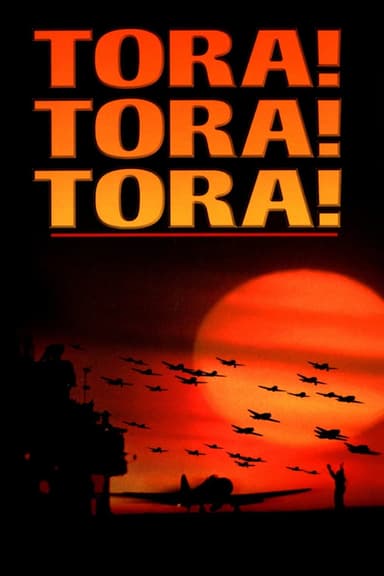
Paths of Glory
1957 • Drama, War • NR
A commanding officer defends three scapegoats on trial for a failed offensive that occurred within the French Army in 1916.
Runtime: 1h 28m
Why you should read the novel
Reading Humphrey Cobb's novel Paths of Glory offers a deeply immersive experience, allowing you to explore the intricacies of military bureaucracy and the intense psychological burdens soldiers face in war. Through the written word, Cobb delves into his characters’ internal struggles and the haunting ethical dilemmas that drive the story, giving you richer insight into their motivations and decisions.
The novel not only exposes the senselessness of war, but also provides a critical perspective on authority, injustice, and humanity under duress. Cobb's detailed prose and strong narrative voice offer historical context and emotional resonance that can be even more striking than film. You'll encounter the story at your own pace, absorbing the nuances of every conversation and moral conflict without cinematic filters.
For those interested in the human dimension of history and war, reading the source novel enriches understanding far beyond visuals and soundtracks. The book’s original character arcs, plot points, and commentary invite reflection long after the final page, making it a rewarding complement or even an alternative to watching the acclaimed film adaptation.
Adaptation differences
One significant difference between the film and Humphrey Cobb's novel lies in the characterization and individual backstories of the accused soldiers. The book provides rich detail regarding the personal histories, motivations, and emotional states of the men chosen for court-martial, allowing readers to connect deeply with their personal plights. In contrast, the film streamlines their stories and focuses more on the group dynamic, leaving some individual subtleties behind.
Another difference is the treatment of Colonel Dax, the character played by Kirk Douglas in the film. In the novel, Dax has a different rank and background, and his efforts to defend the men are portrayed with a greater sense of personal moral struggle. The film amplifies his heroism and determination, making him a more central protagonist, thus simplifying some of the complexity found in the novel.
Thematically, the novel explores broader issues of military justice, class divisions, and institutional corruption with nuanced, sometimes cynical, commentary. The film, while powerful, narrows its focus to the events of the court-martial and subsequent execution, emphasizing emotional impact over the novel’s critical dissection of military systems. As a result, some of Cobb's wider social critique is minimized or left implied.
Perhaps the most striking difference is in the ending. Humphrey Cobb's novel concludes with a sense of bleak inevitability, emphasizing the futility and systemic injustice faced by soldiers during war. The movie softens this tone somewhat, offering a poignant, if brief, moment of shared humanity in the final scene. This adjustment appeals to cinematic sensibilities but departs from the uncompromising conclusion found in the book.
Paths of Glory inspired from
Paths of Glory
by Humphrey Cobb








